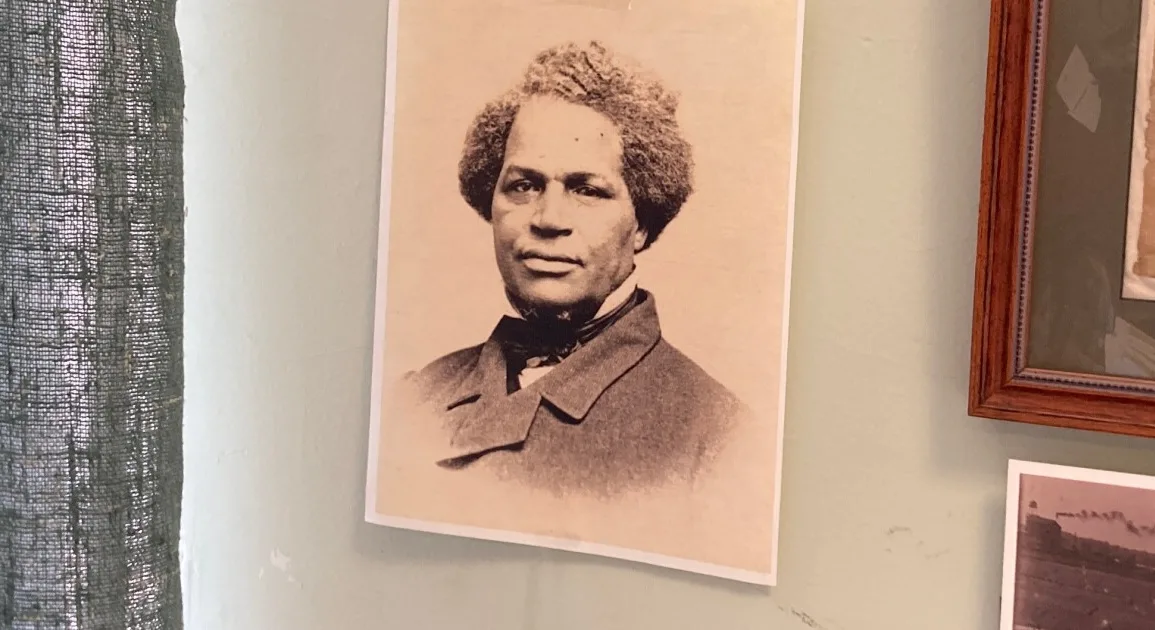African Americans have been active in Syracuse’s political scene since its earliest days in the 1840’s, but it was another 120 years or so before the first African American was elected to office. We explore this topic as part of Thursday’s Syracuse Speaks Black History Month special.
Curator of History at the Onondaga Historical Association Robert Searing says African American political activity in the mid-19th century was largely connected to abolition.
“At the center of that is, is the Reverend Jermain Loguen who will become a member of the Liberty Party in the 1840s,” Searing said. “The Liberty Party, for those who aren’t aware is really a small, very radical political party that forms in the 1840s and they are committed to the immediate uncompensated abolition of slaves.”
Searing says this activity coincided with numerous state party conventions held in Syracuse because of its central geographic location. But Searing says it would be a century-long struggle until the civil rights movement began to embolden candidates to run for and win elective office.
“You have a you have a ton of political activity, you have a ton of political organization, but you don’t necessarily have that same success electorally,” Searing said. “I think a lot of that has to do with the demographics. Even though the black population in Syracuse grows by some 240% between 1940 and 1960, I don’t think that translates into a lot of electoral success.”
At least not until 24-year-old Syracuse university student Malchester Reeves was elected in 1961. He represented the 15th ward for a single two-year term on Onondaga County’s Board of Supervisors, the body that preceded the county legislature. Others soon followed, blazing a path for current Black elected officials on the city, county, and state level. Searing says some of the issues haven’t changed.
“A lot of the things that that candidates now, particularly in the Democratic Party, are talking about are rooted in these historical processes of segregation and city policies and federal policies and state policies that that sort of created this segregated city that that we live in today, and the county,” Searing said.
Assemblymember Pam Hunter was the first African American woman to serve as a Syracuse Common Councilor At- Large more than a dozen years ago before winning election to the assembly in 2015. She worries about keeping the electorate civically engaged.
“Education at a younger level and just continued education as far as your voice, your vote, counts,” Hunter said. “But that is part of being like a good citizen and part of effecting change.”
Hunter says in her city and state roles she’s noticed a disconnect between what people perceive is going on and what is actually happening in government.
You can hear more from Hunter and the OHA’s Robert Searing on Syracuse Speaks Thursday at 2:00 pm on WAER.


